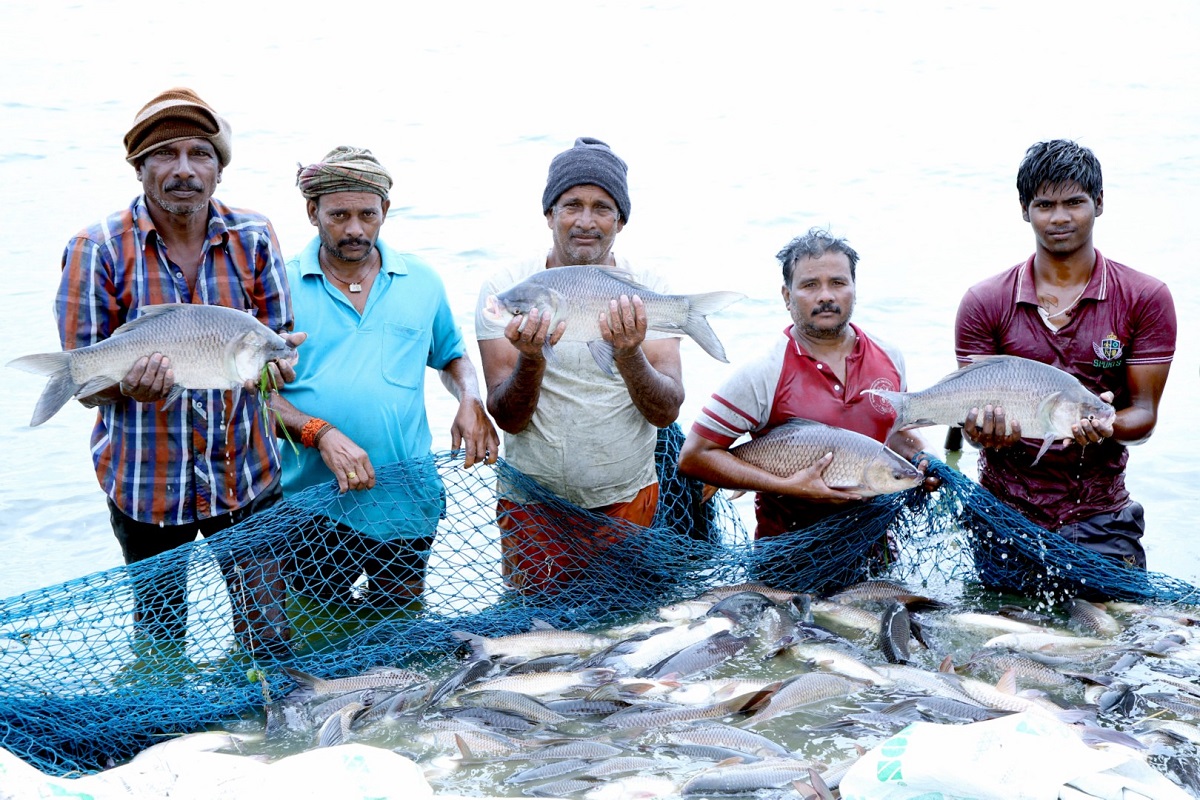In a crucial meeting held at the Prime Minister’s Office (PMO), Dr. P.K. Mishra, Principal Secretary to the Prime Minister, led discussions with the High-Level Task Force to assess ongoing efforts to combat air pollution in the Delhi-NCR region. The focus was on evaluating the preparedness of various stakeholders ahead of the winter season, a period known for worsening air quality.
 Dr. Mishra underscored the necessity of fully implementing the Graded Response Action Plan (GRAP) to mitigate air pollution from various sources, including paddy stubble burning, vehicle emissions, construction dust, and industrial pollutants. He stressed the urgency of shifting towards electric vehicles (EVs) and accelerating the establishment of EV charging infrastructure in the NCR.
Dr. Mishra underscored the necessity of fully implementing the Graded Response Action Plan (GRAP) to mitigate air pollution from various sources, including paddy stubble burning, vehicle emissions, construction dust, and industrial pollutants. He stressed the urgency of shifting towards electric vehicles (EVs) and accelerating the establishment of EV charging infrastructure in the NCR.
The meeting also reviewed the steps taken to eliminate paddy stubble burning, which is a major contributor to pollution during the winter months. States such as Punjab and Haryana have committed to phasing out stubble burning, with plans in place to manage millions of tonnes of paddy straw through both in-situ and ex-situ crop residue management techniques. Punjab will utilize 11.5 million tonnes of its paddy straw in-situ, while Haryana aims to manage 3.3 million tonnes similarly. Over 1.50 lakh crop residue management machines will be deployed in Punjab, and Haryana will have nearly 91,000 machines available for farmers.
Further, 2 million tonnes of paddy straw are set to be co-fired in thermal power plants across the NCR region to reduce agricultural waste. Monitoring and enforcement mechanisms for these initiatives were discussed, with penalties for non-compliance.
On industrial pollution, it was reported that 220 out of 240 industrial areas in NCR have transitioned to gas-based infrastructure, with plans to connect the remaining areas. Additionally, construction and demolition dust is being monitored via a digital portal, ensuring compliance with environmental standards for larger projects.
The Principal Secretary directed the Chief Secretaries of Punjab, Haryana, and Uttar Pradesh to ensure the full use of available crop residue management machinery and improve supply chains for ex-situ management. He also emphasized support for small industries involved in paddy straw processing, such as briquetting and pelletizing.
Dr. Mishra called for the expansion of electric bus fleets under the PM eBus Sewa Scheme to reduce vehicular emissions. He highlighted the importance of green initiatives such as the “Ek Ped Maa Ke Naam” program, which promotes tree plantation for a greener city.
To further control pollution, especially from fireworks during festivals, state governments and enforcement agencies were tasked with enforcing bans on firecrackers. The Ministry of Petroleum and Natural Gas was urged to speed up the collection of biomass and the construction of compressed biogas plants.
The meeting was attended by key officials from various ministries, including Environment, Agriculture, Power, and Transport, along with representatives from the Central and State Pollution Control Boards and Chief Secretaries from the states of Punjab, Haryana, Uttar Pradesh, Rajasthan, and the Delhi NCR region.




